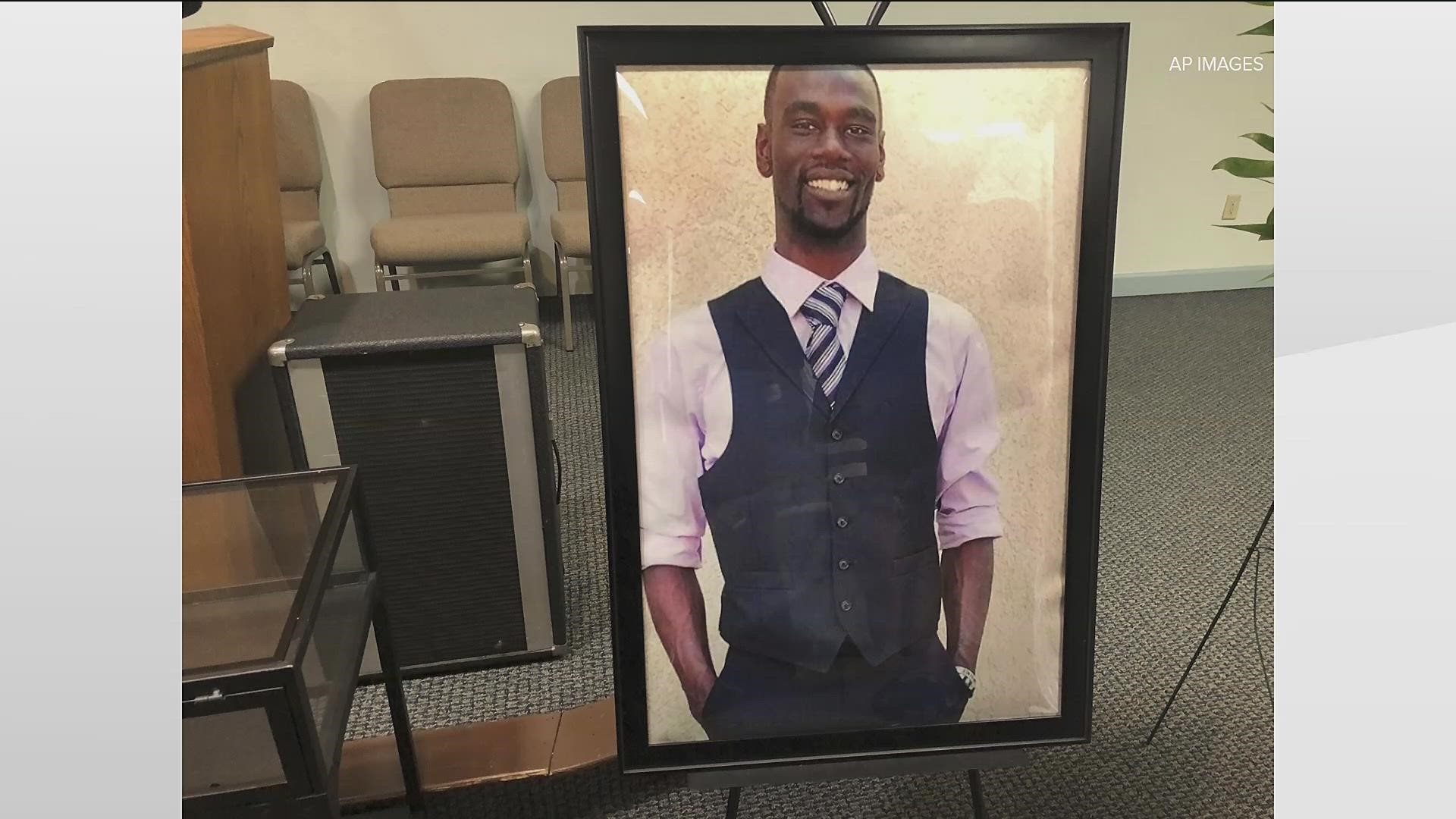ATLANTA — Three Georgia lawmakers are pushing for more police accountability and have put forth three bills to do it.
After the video release of the brutal police beating of Tyre Nichols, Georgia Rep. Sandra Scott, Rep. Kim Schofield and Rep. Viola Davis sponsored three House bills aimed at preventing police killings, streamlining crime reporting and documenting law enforcement misconduct.
“We will no longer allow the lack of oversight, accountability, and transparency to be the norm in law enforcement. No one gets a pass when lives continue to be intentionally taken. Georgians deserve better!” Schofield said in a news release.
The lawmakers are hosting a news conference Thursday to further outline their proposals. It's set for 9 a.m. at the south entrance stairs at the Capitol.
Below are highlights from the proposed bills.
HB 107- Police Accountability Act:
- Requires all law enforcement agencies to provide a body-worn camera to each peace officer of the law enforcement agency
- Requires body cameras be turned on during every interaction
- Requires public release of certain video and audio recordings captured by body-worn cameras
- Requires annual public reporting by the attorney general regarding use of force, contact, and unannounced entry by peace officers
- Provides standards for the response of peace officers to protests or demonstrations
- Removes qualified immunity
HB 112 - Ethical Policing Act:
- Requires a uniform method of reporting
- Requires the establishment of citizen review boards statewide
- Ends qualified immunity
- Provides protection against officer retaliation
- Requires officers to report misconduct
- Authorizes a four-strike system of misconduct
- Requires annual reporting of complaints and misconduct by every law enforcement agency
- Mandates any employment of an officer is contingent on the review of their file and history
HB 113 - Preventing Tragedies Between Police and Communities Act:
- Requires de-escalation training for all peace officers every year
- Requires the use of alternative, non-lethal methods of applying force
- Requires verbal and physical tactics to minimize the need for the use of force
- Requires peace officers to use the lowest level of force needed
- Requires techniques that provide all officers with awareness and recognition of mental health and substance abuse issues
- Requires principles of using distance, cover, and time when approaching and managing critical incidents, and elimination of the use of concepts like the '21-foot rule' and 'drawing a line in the sand' in favor of using distance and cover to create a reaction gap
- Requires crisis intervention strategies to appropriately identify and respond to individuals suffering from mental health or substance abuse issues

